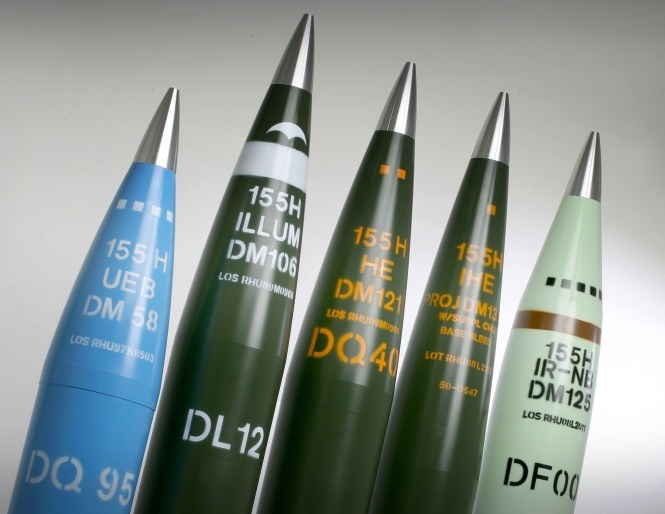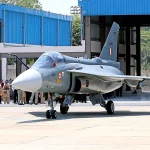India’s defense manufacturing sector is set to achieve a major milestone as SAI Ammunition India Limited (MIL), in collaboration with Economic Explosives, a division of Reliance Infrastructure, prepares to conduct final user trials of indigenously developed 155mm artillery shells in November 2025. This initiative is a key step in India’s pursuit of self-reliance in high-end defense technologies.
The upcoming trials will assess a range of advanced 155mm shell variants, including High Explosive (HE), Smoke, and Dual-Purpose Improved Conventional Munition (DPICM) rounds. The DPICM variant is of particular interest to military analysts for its effectiveness on the battlefield. Research suggests that it requires just 1.7 shells on average to neutralize a target, making it significantly more efficient than conventional HE rounds.
The new artillery shells are equipped with cutting-edge features such as fin stabilization, canard control, and a three-mode fuse that allows for delayed detonation, height of burst, and point impact explosions. Range capabilities vary from 8 to 38 kilometers, while guidance is enhanced through India’s NavIC satellite navigation system, backed up by GPS. These precision features are expected to improve strike accuracy and reduce collateral damage in high-intensity conflict scenarios.
This technological leap is underpinned by a broader strategic partnership between Reliance Defence and Germany’s Rheinmetall AG. As part of the collaboration, Reliance is developing the Dhirubhai Ambani Defence City (DADC) in Ratnagiri, Maharashtra, a state-of-the-art facility projected to be among the largest of its kind in South Asia. Once operational, it will be capable of producing 200,000 artillery shells, 10,000 tons of explosives, and 2,000 tons of propellants annually.
The initiative also reflects the rising profile of Munitions India Limited, the public sector firm created after the 2021 restructuring of the Ordnance Factory Board. MIL has played a central role in supplying ammunition to India’s armed forces and export clients. In 2024, the company signed a landmark $225 million deal with Saudi Arabia for artillery ammunition, underscoring India’s growing footprint in the global arms market. There have also been unverified reports suggesting Indian-made HE ERFB BT shells may have been deployed in the Ukraine conflict.
These developments are aligned with the Defence Research and Development Organisation’s (DRDO) long-term vision of reducing import dependency and building domestic capability across critical defense sectors. The ongoing synergy between state entities, private industry, and international partners is expected to drive innovation and increase India’s competitiveness in global defense exports. The successful induction of indigenous 155mm shells could mark a defining moment in India’s transformation into a defense manufacturing powerhouse.













